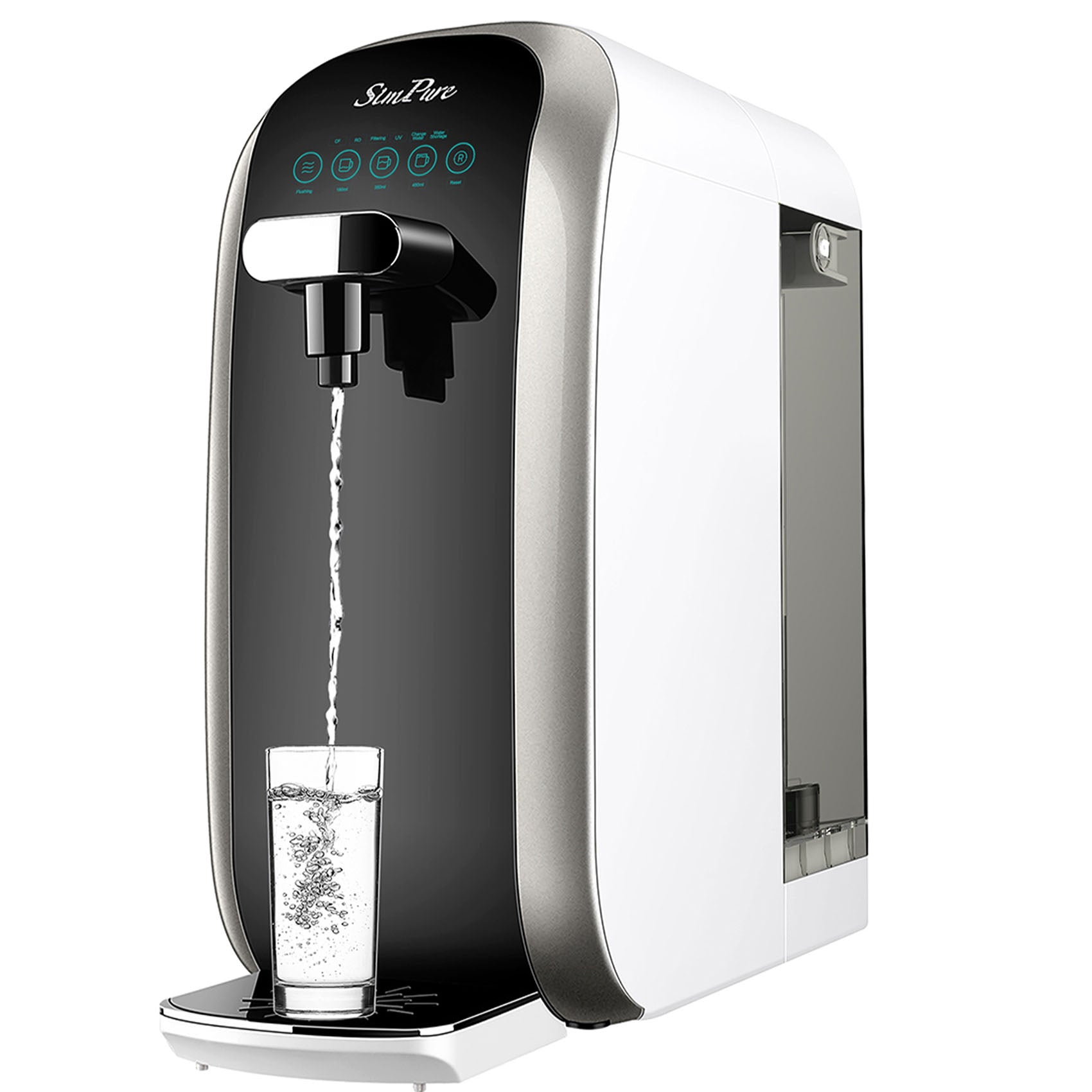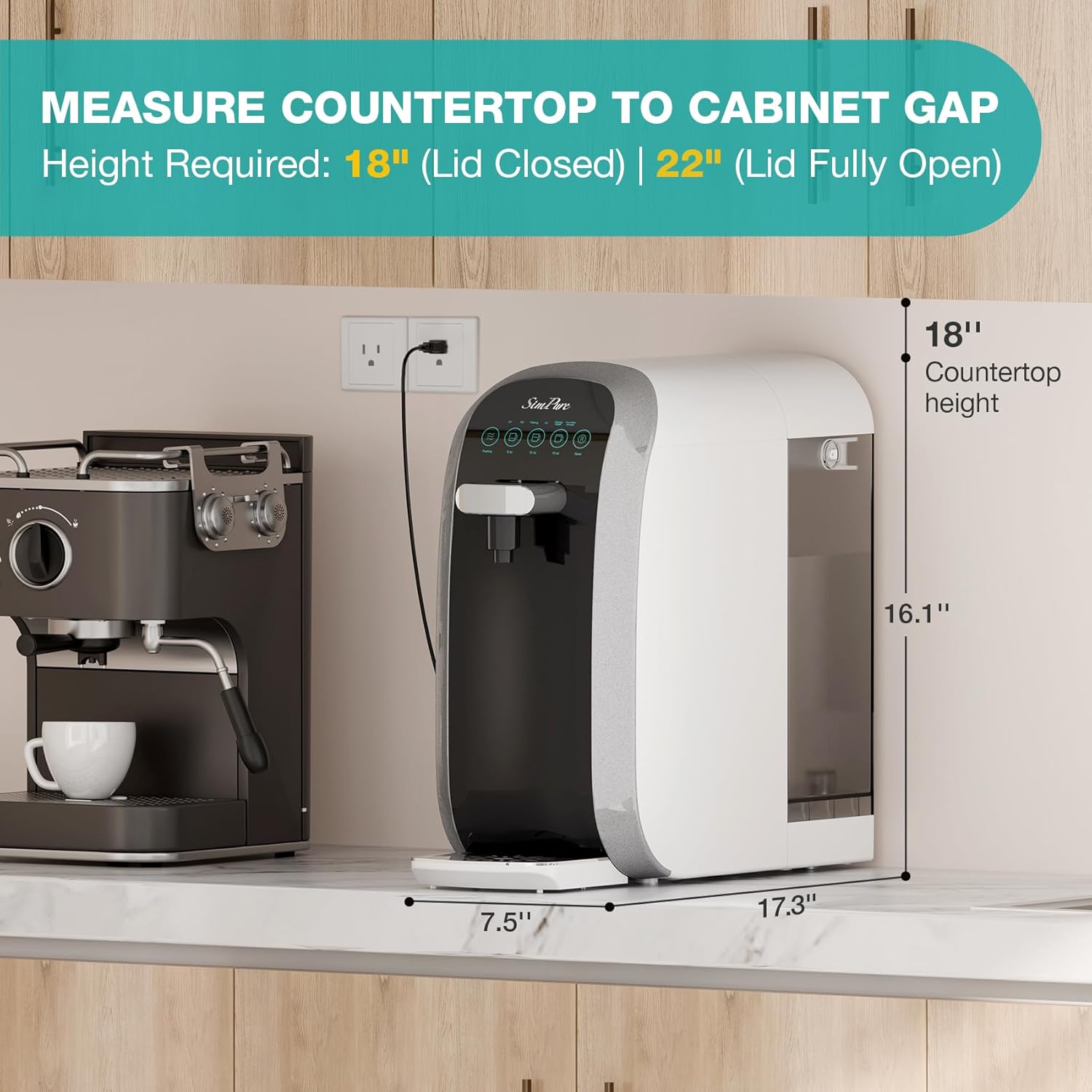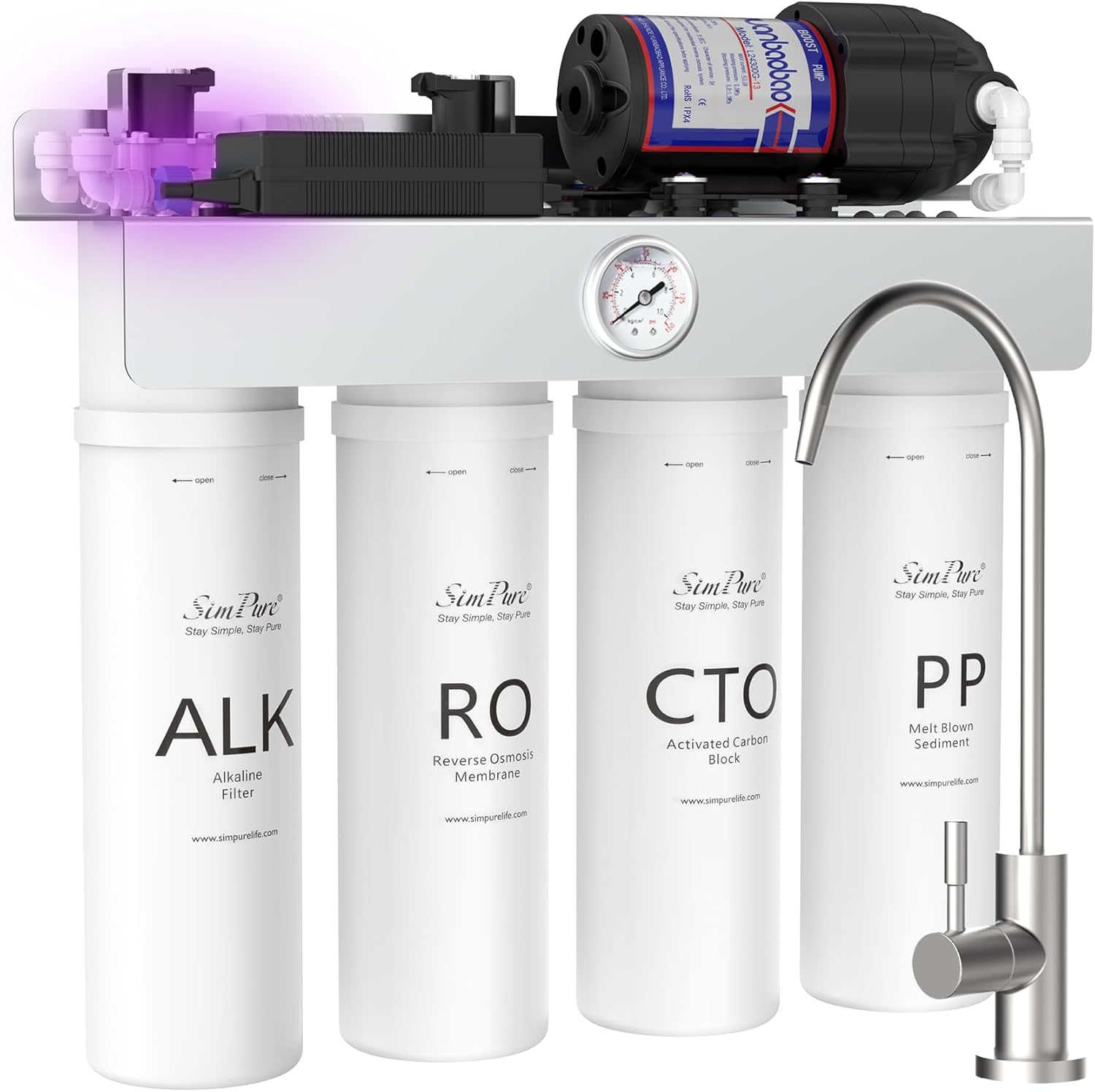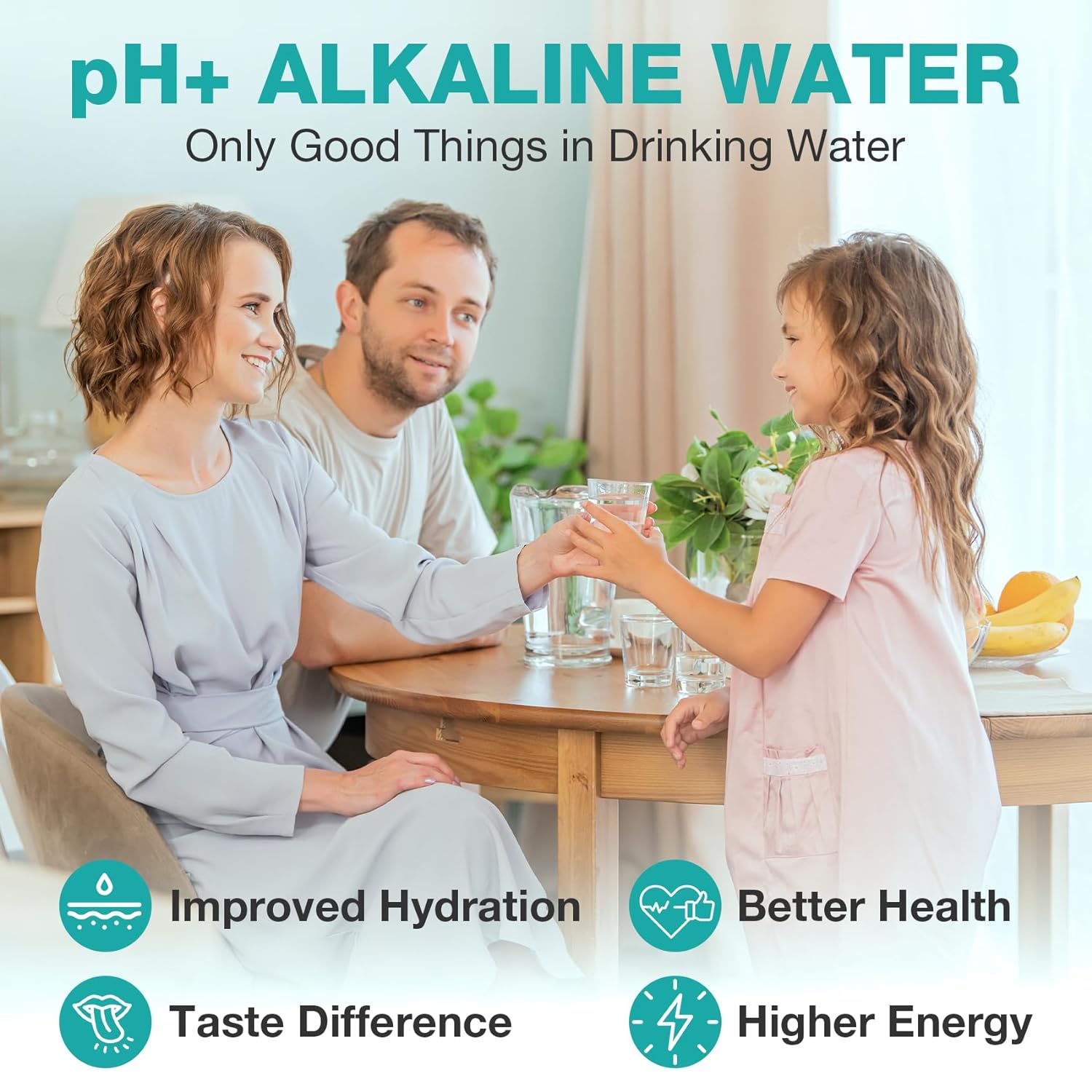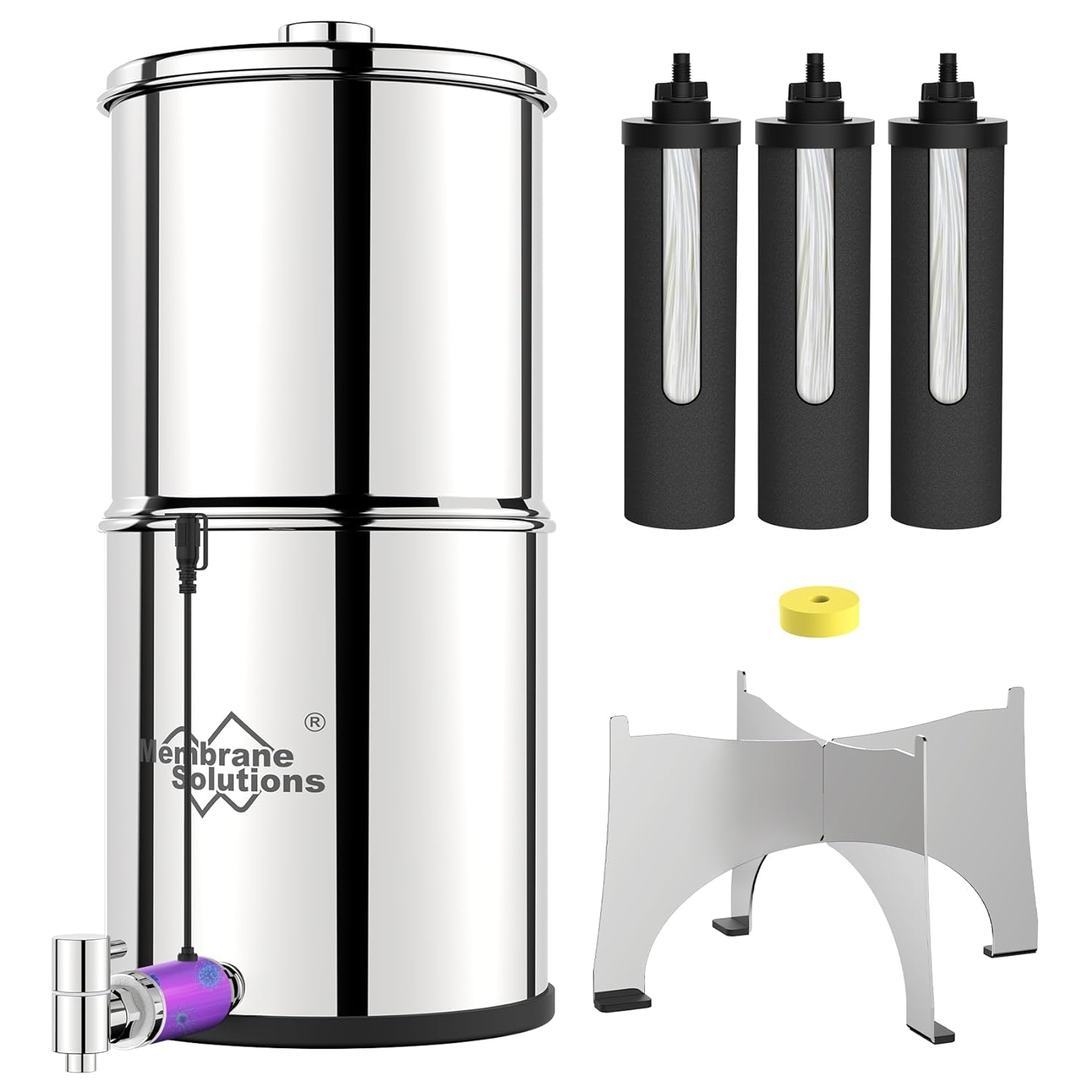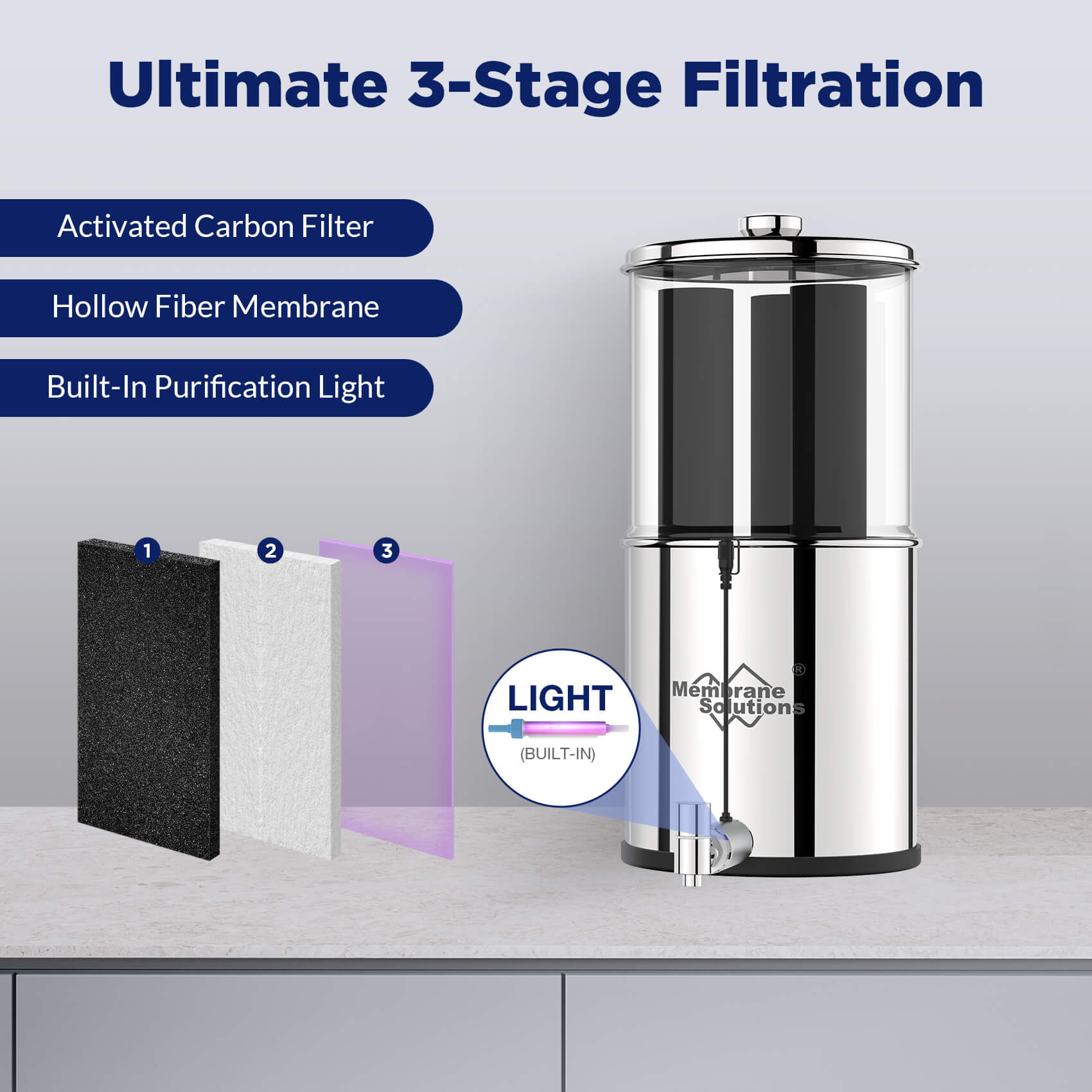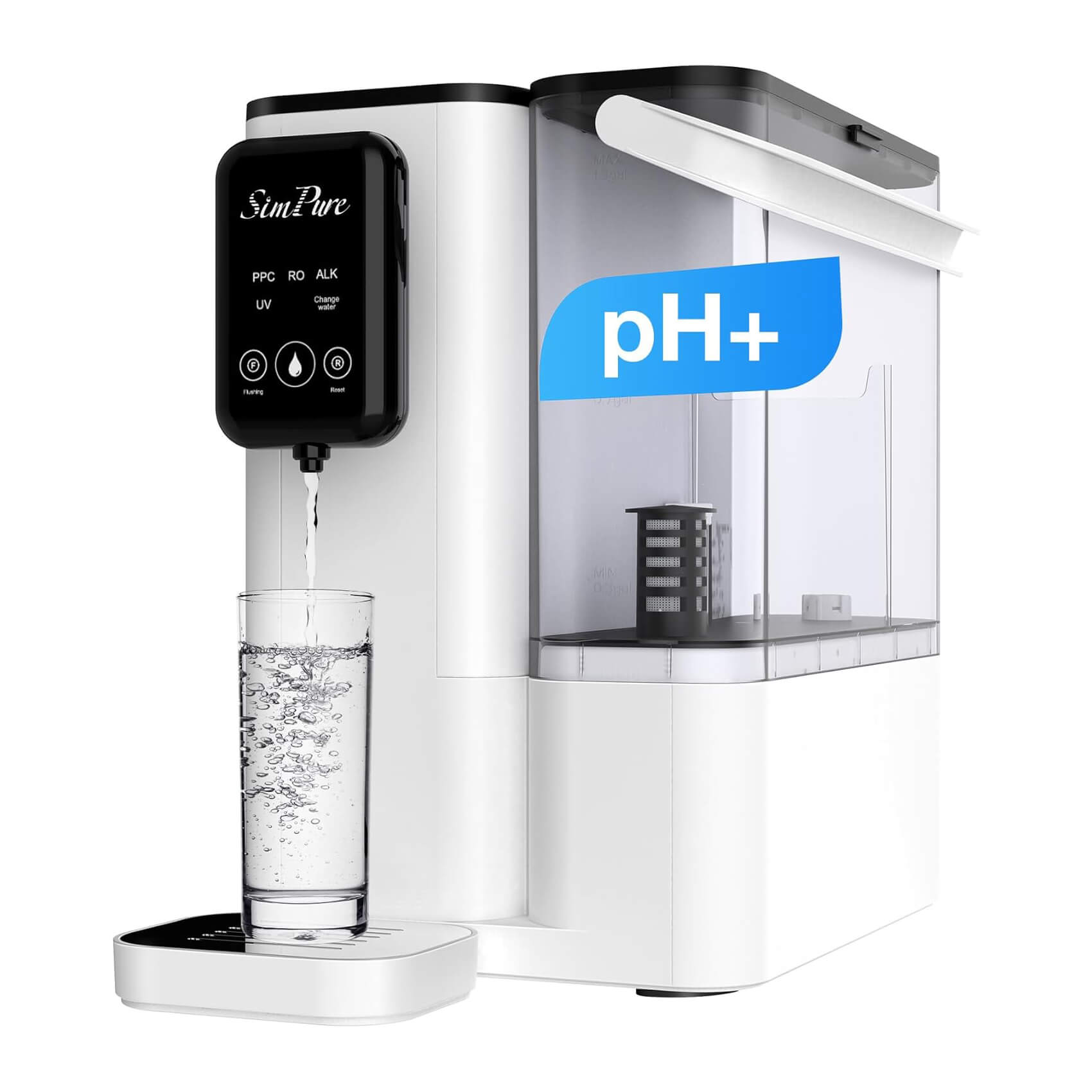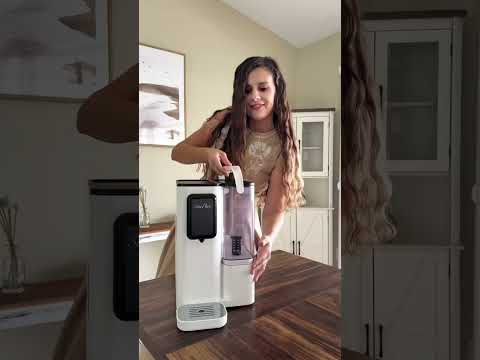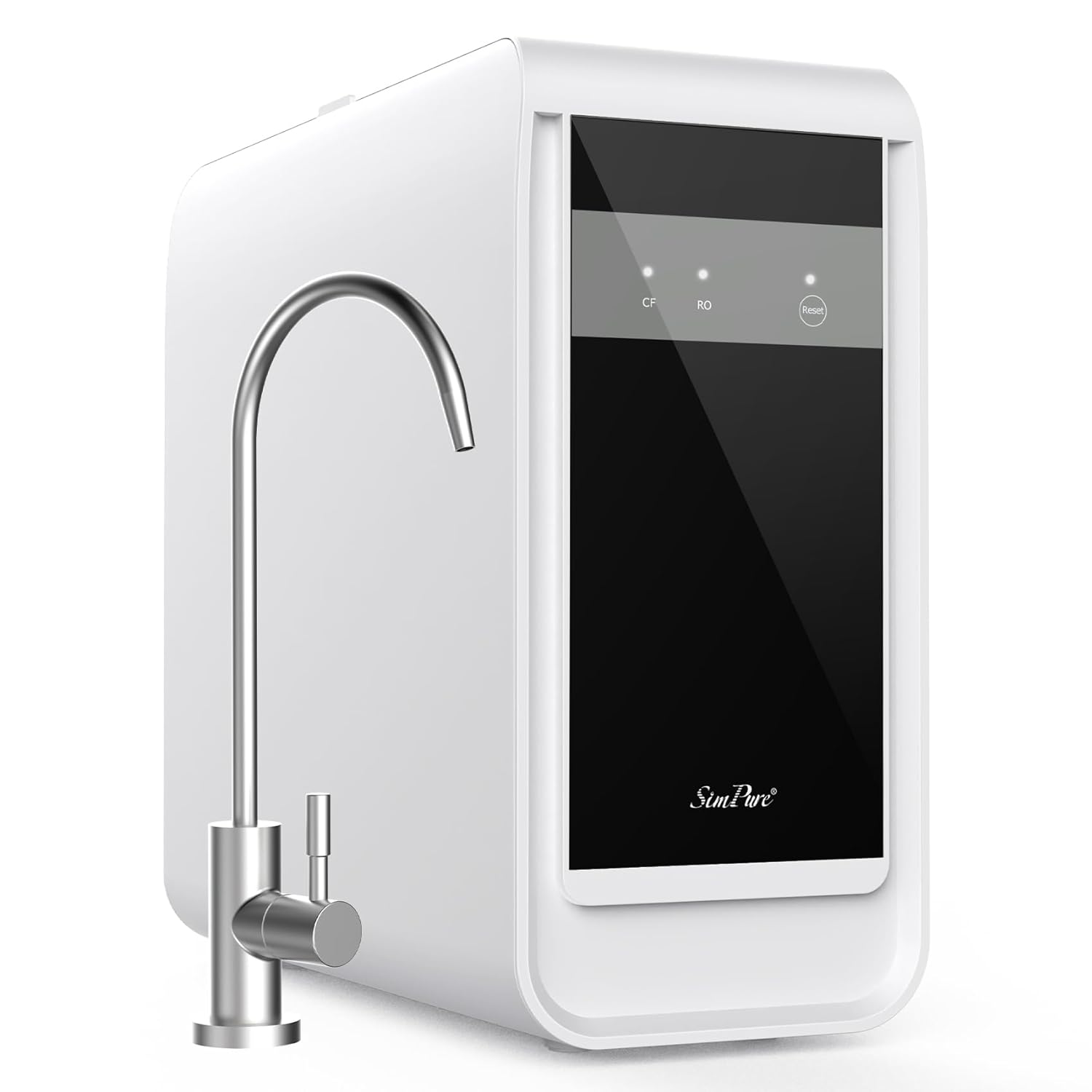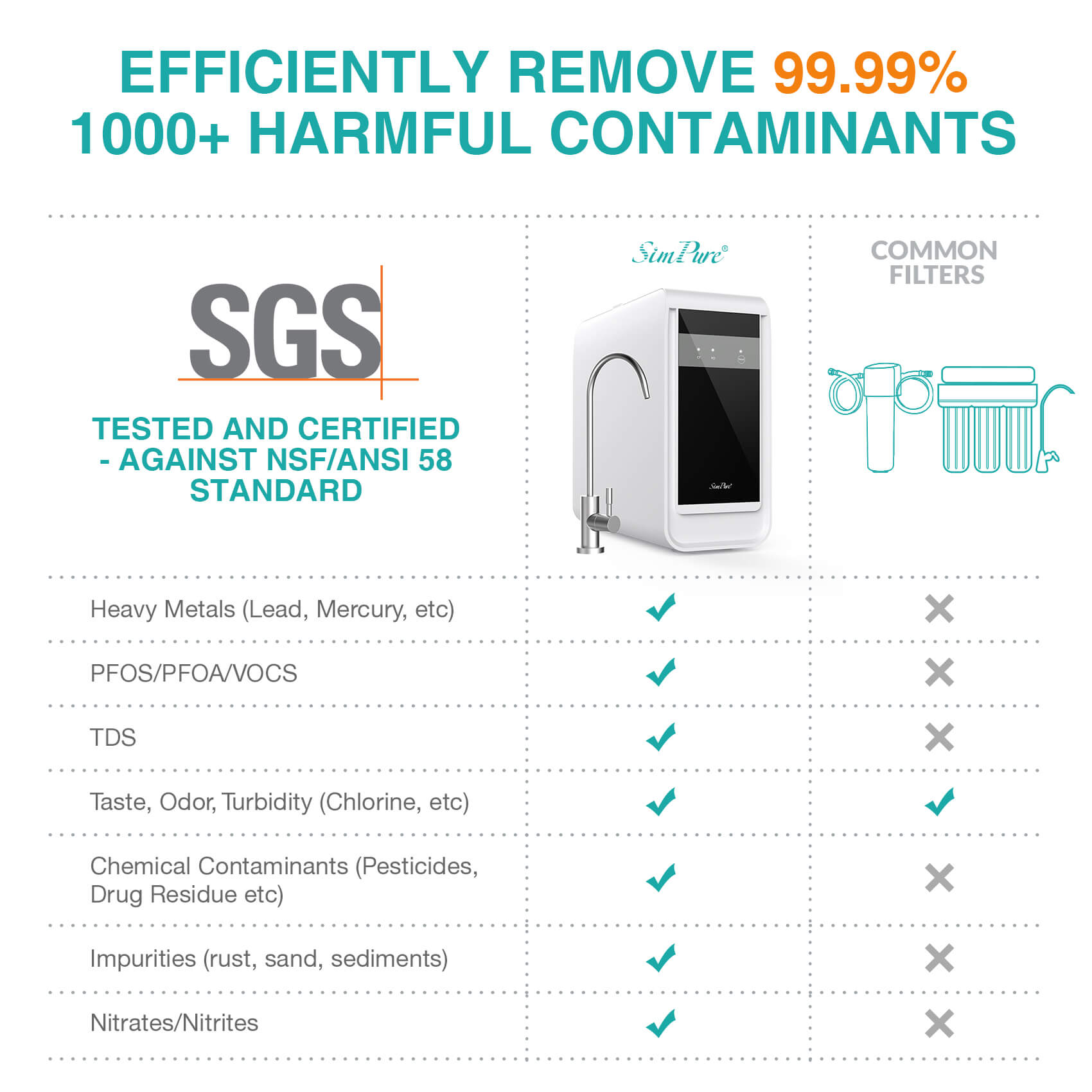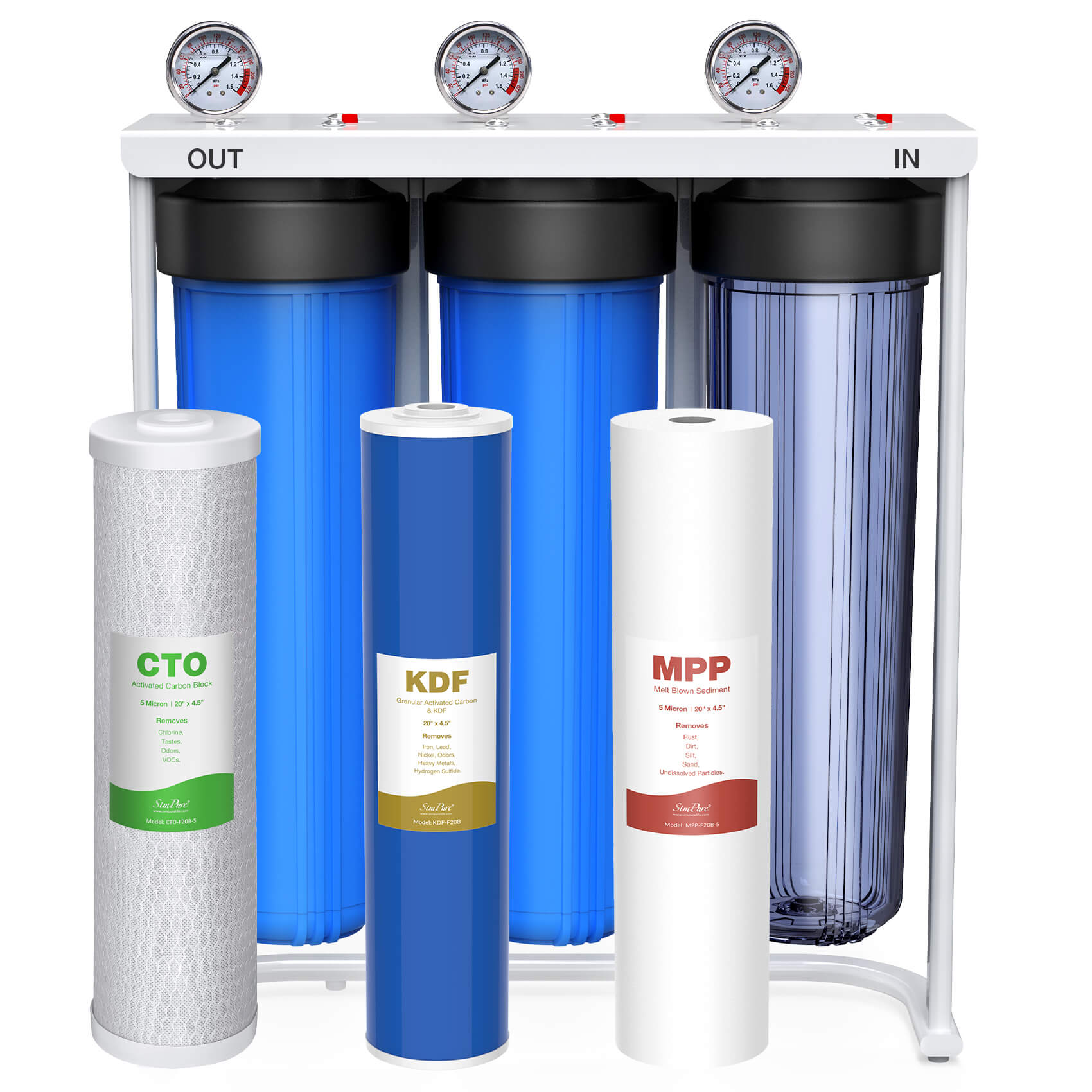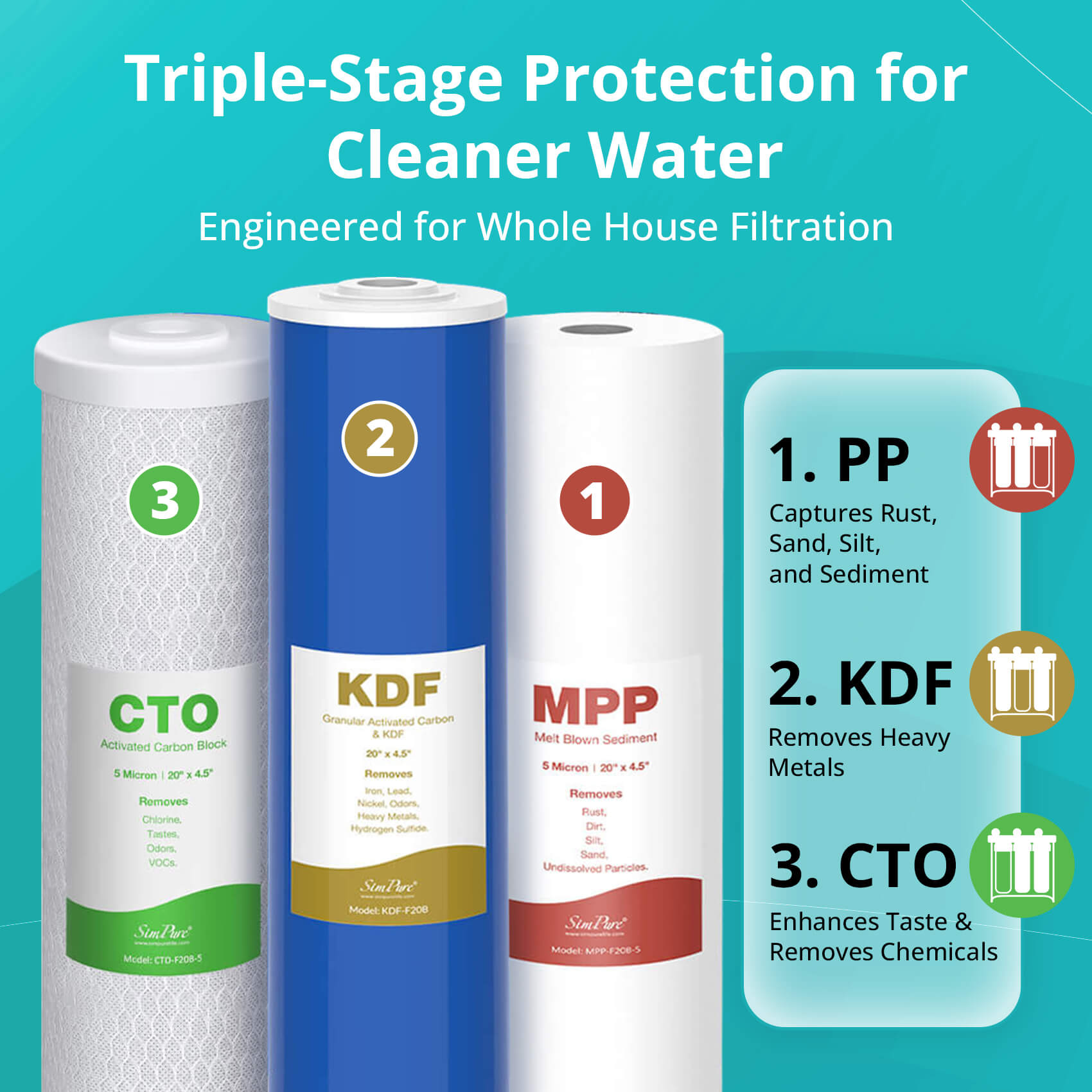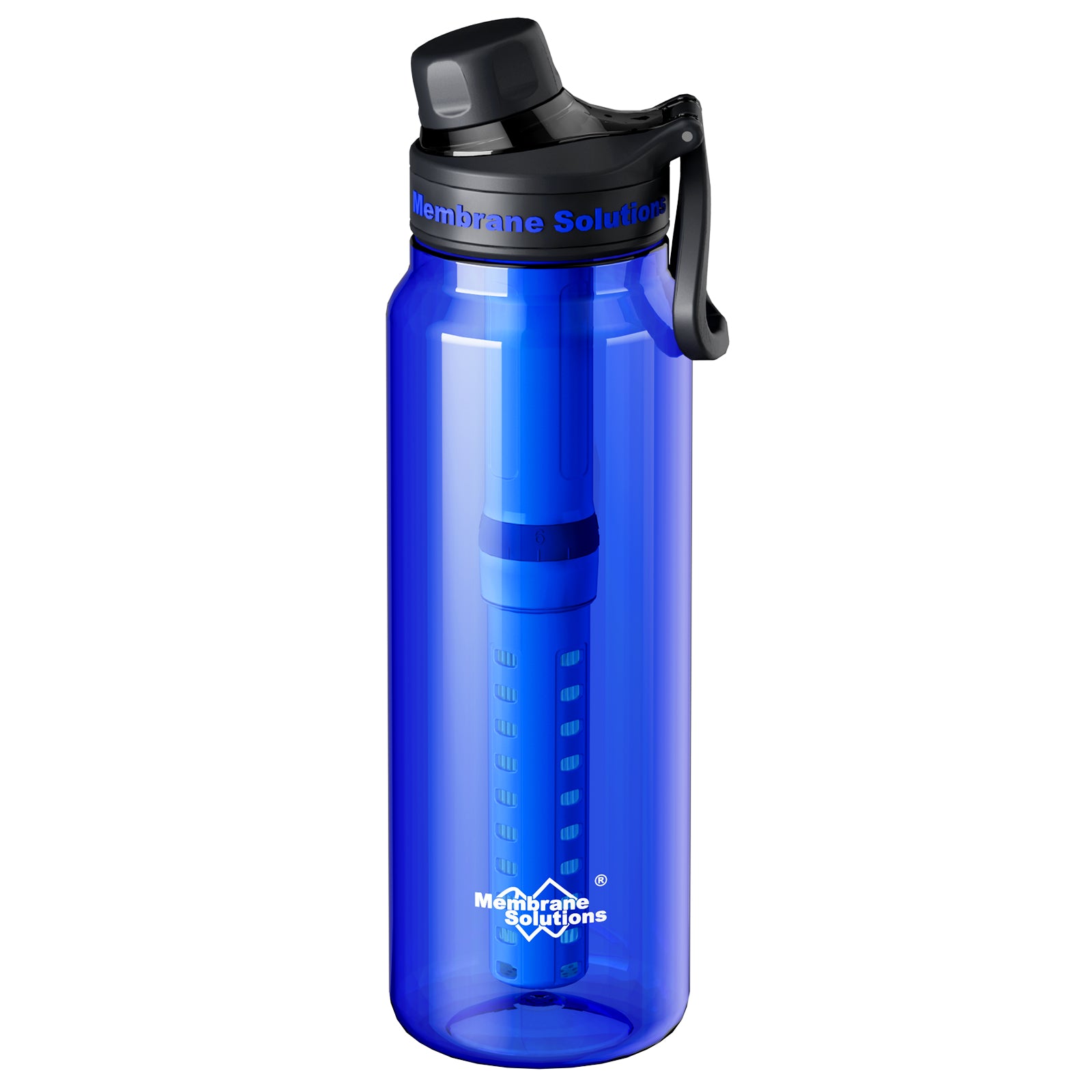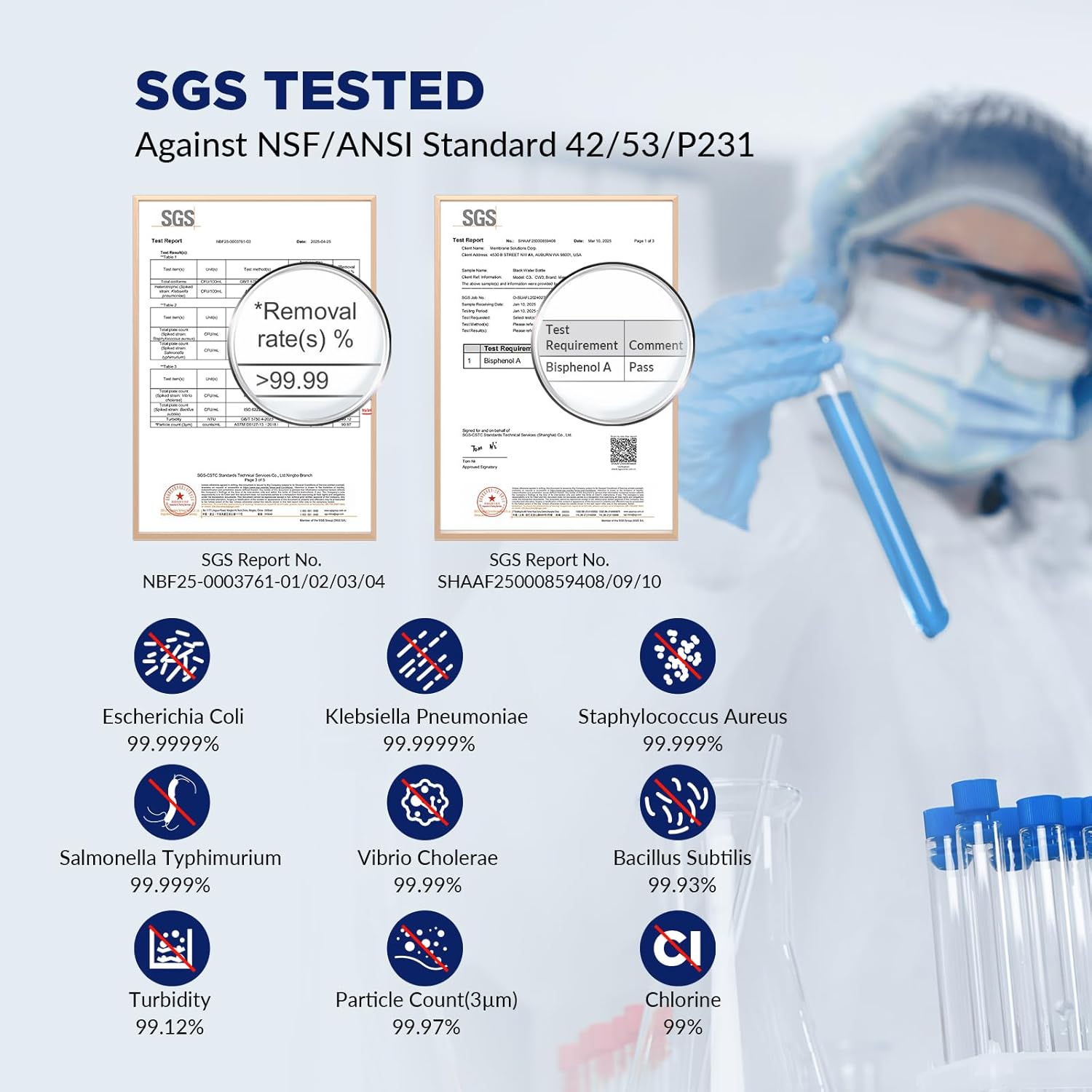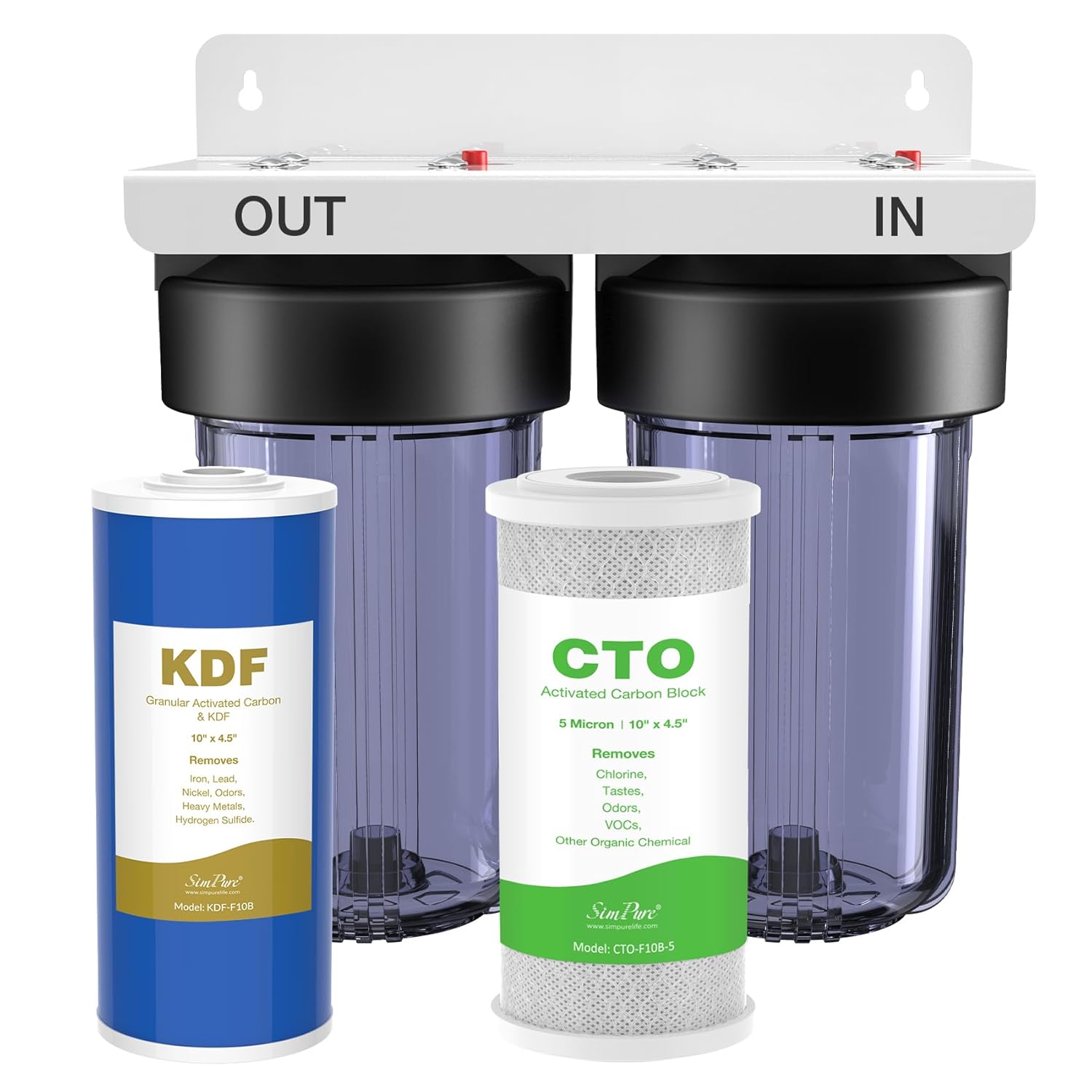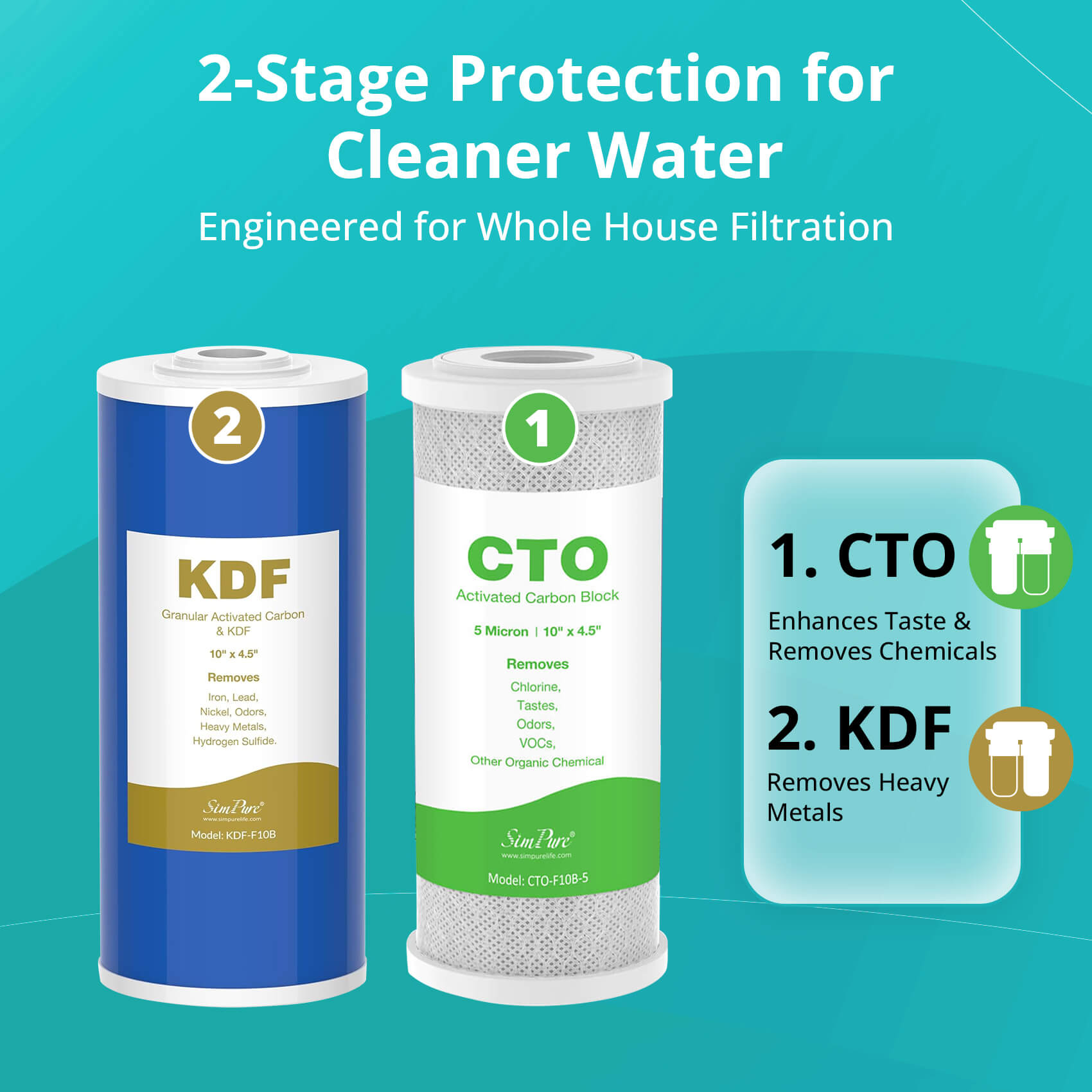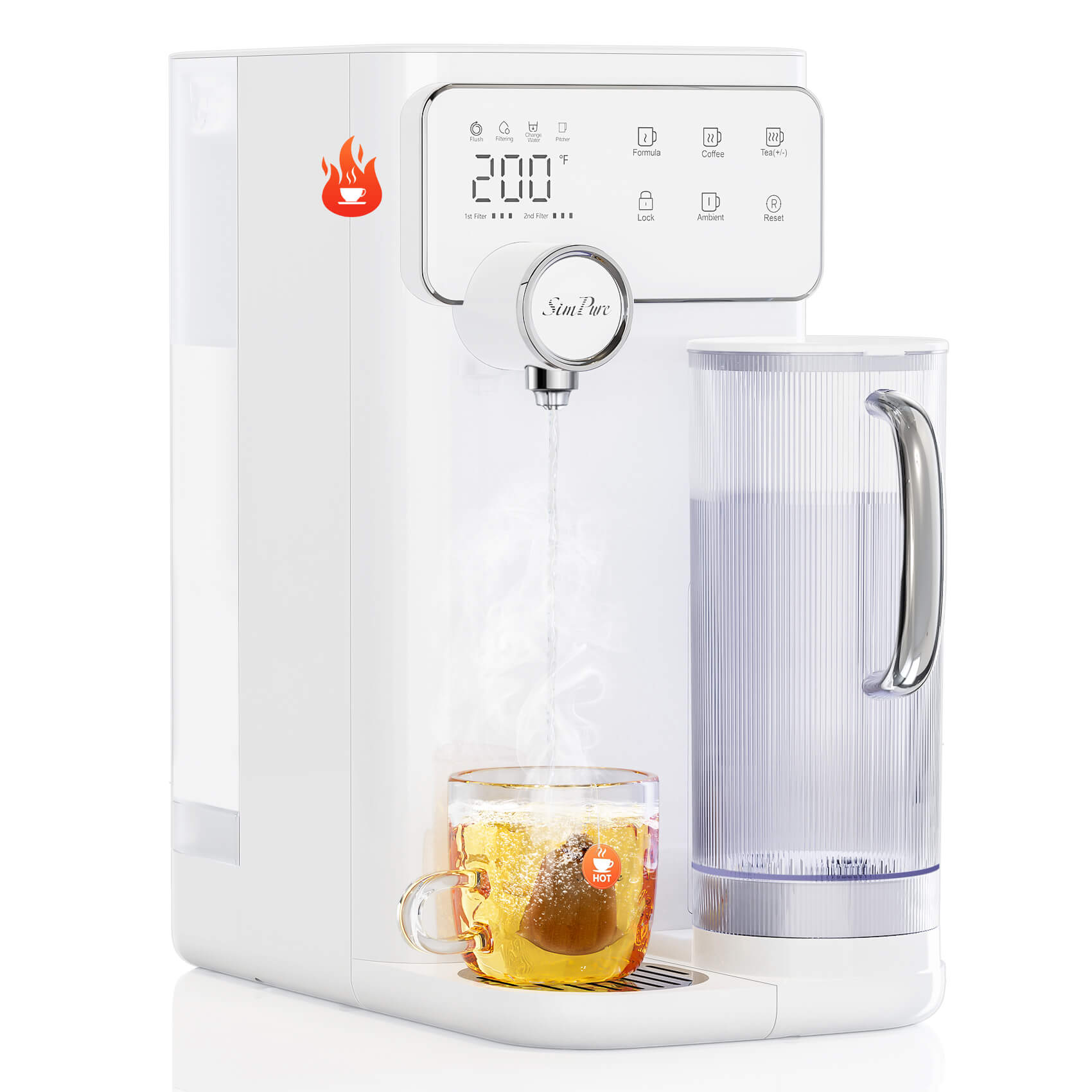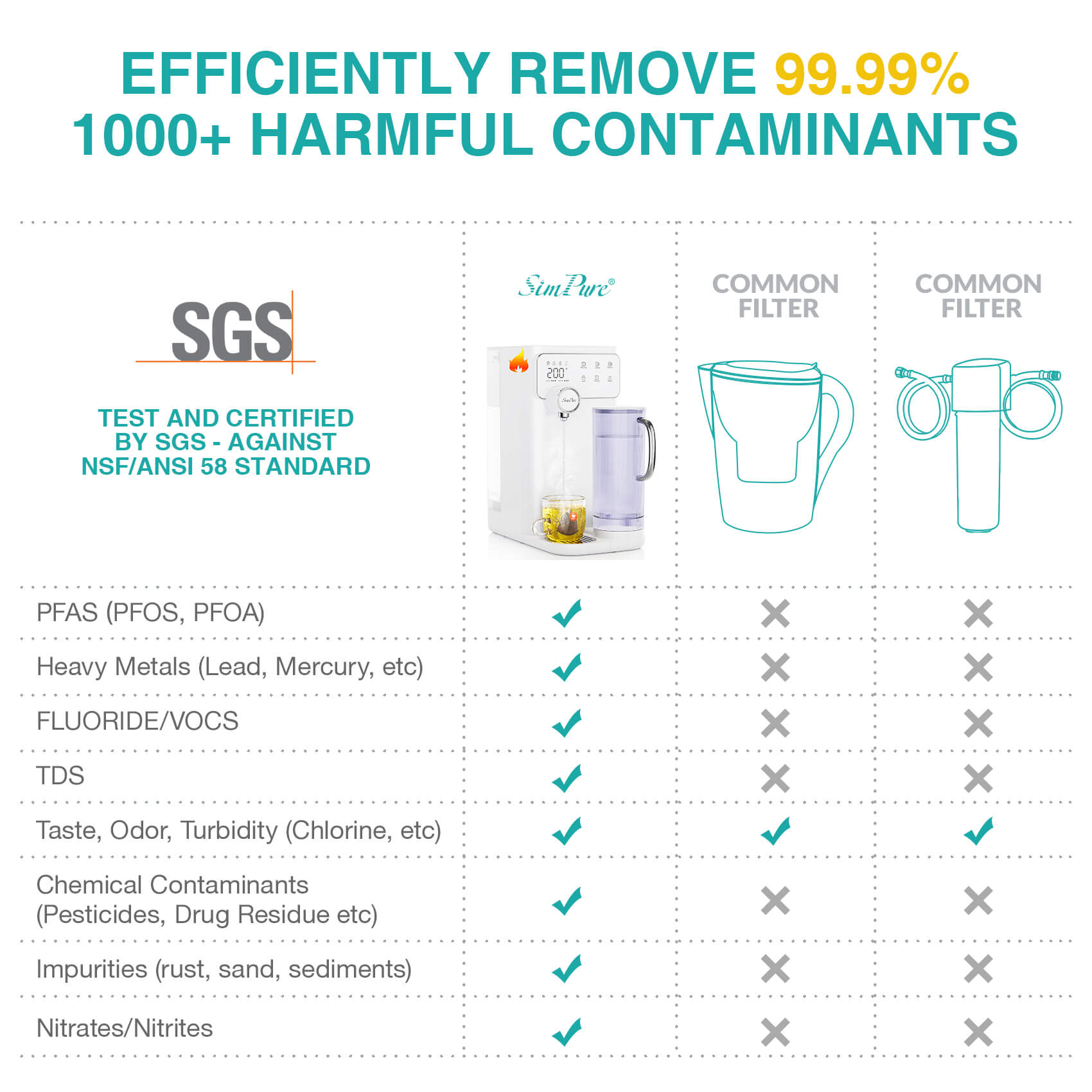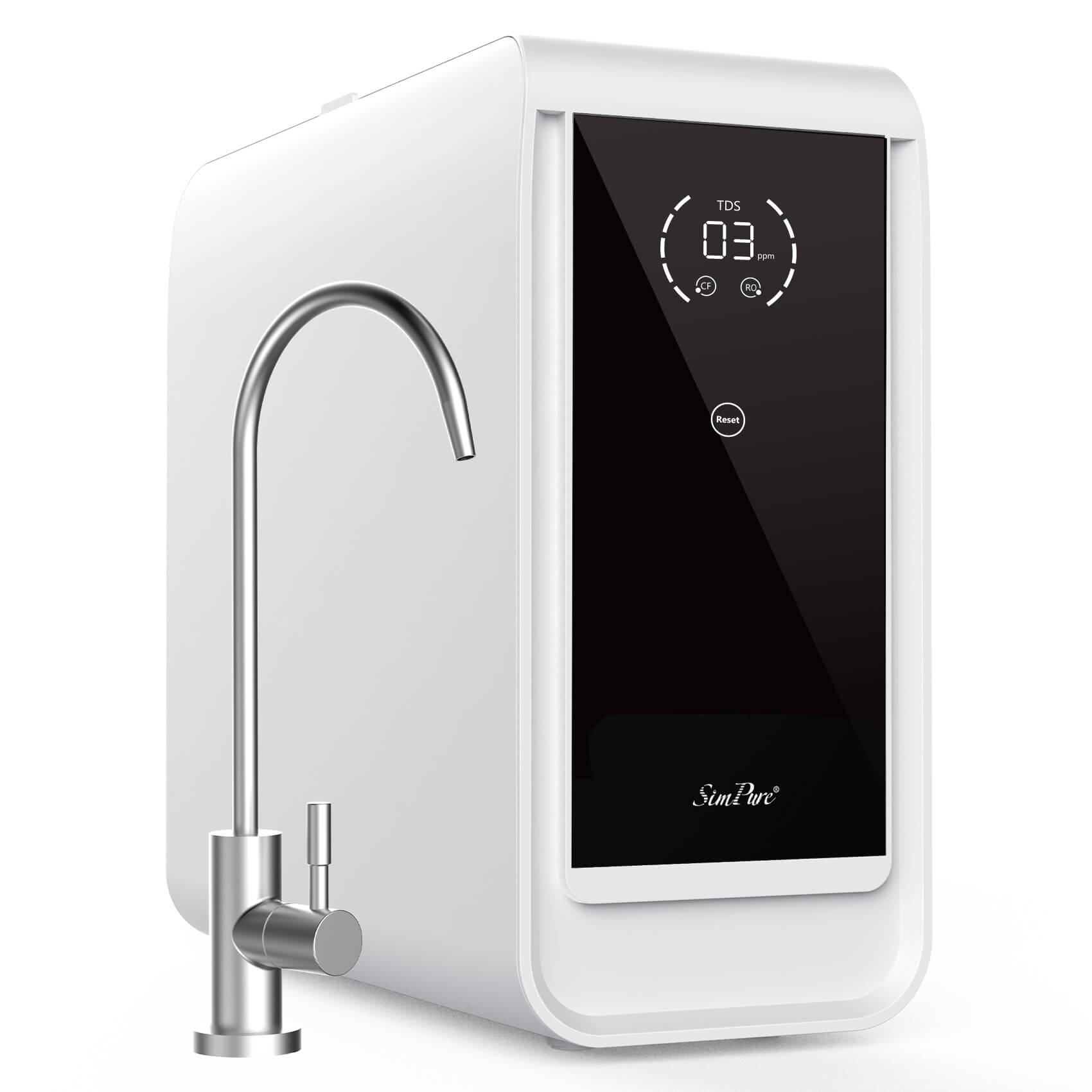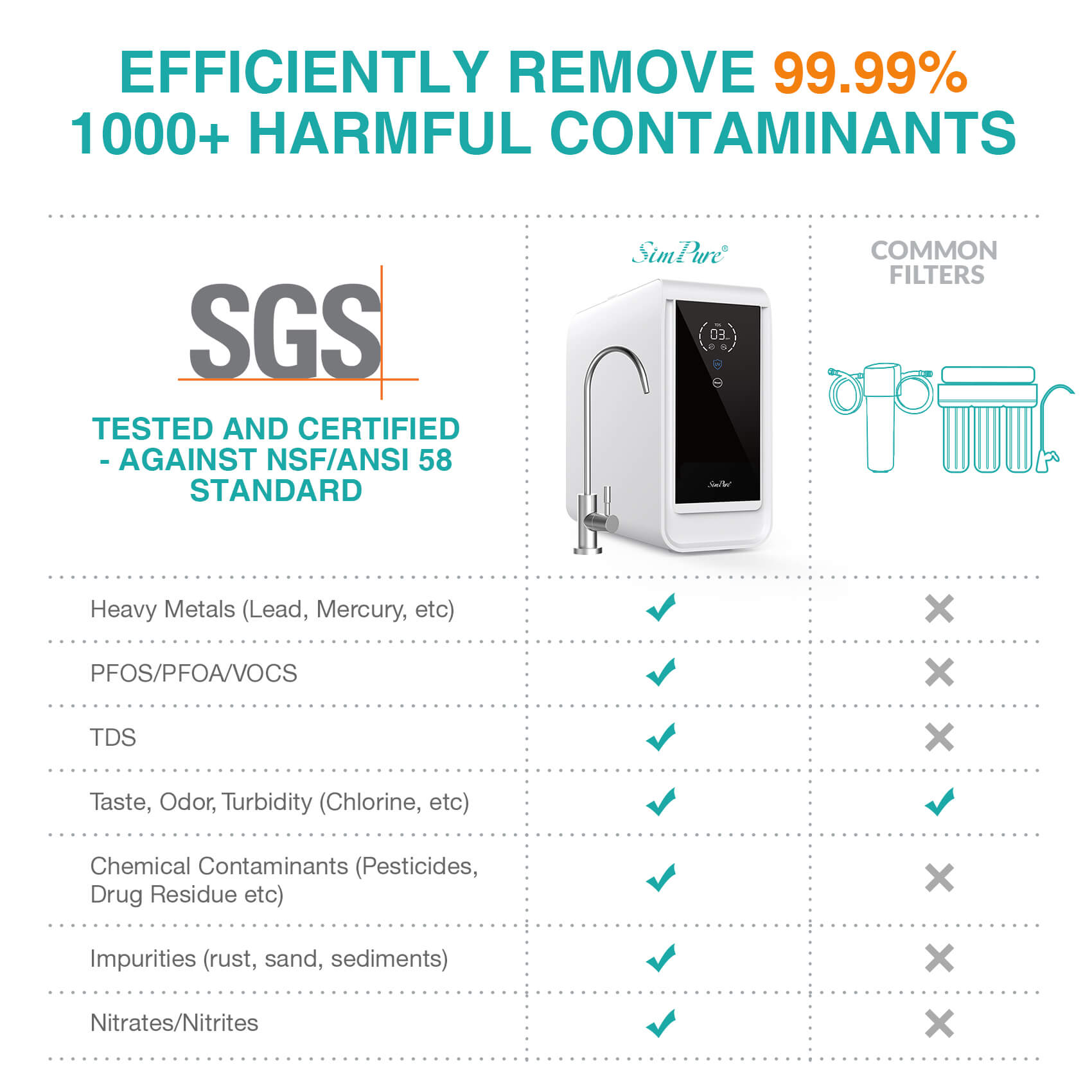Long-term use of hard water can cause health issues like calculus, dental fluorosis, and gastrointestinal discomfort. It can also lead to scale formation on utensils, reduce washing efficiency, and more. Water softeners are commonly used to tackle this problem, but can reverse osmosis (RO) systems, known for their water filtration capabilities, also serve to soften water? In this article, we will explore this question, providing information about the circumstances of water softeners and RO systems use, and helping you make an informed decision on addressing water hardness.
Table of Contents
- Yes, Reverse Osmosis Can Soften Water (With Reasons)
- But Water Softening Is Not the Primary Purpose of RO Systems
- For Removing Hardness: Water Softeners or RO Water Purifiers?
- Circumstance of Water Softener for Hardness Removal
- Circumstance of RO Water Purifier for Hardness Removal
Yes, Reverse Osmosis Can Soften Water (With Reasons)
Reverse osmosis serves the purpose of water softening by eliminating calcium and magnesium ions from the water. The reverse osmosis membrane has an extremely small pore size, with SimPure's RO membrane boasting a precision of just 0.1nm. Considering that the diameter of calcium ions is 0.4nm and magnesium ions have a diameter of 0.532nm, the RO membrane theoretically has the capability to filter out these ions, resulting in water softening.
But Water Softening Is Not the Primary Purpose of RO Systems
While reverse osmosis (RO) can effectively soften water, it's important to note that water softening is not its primary purpose. The RO membrane is designed for precise filtration due to its high precision. The main function of an RO system is to eliminate impurities and contaminants in water, including viruses, bacteria, heavy metals, TDS (total dissolved solids), drugs, and more. This is achieved by passing water through a semi-permeable membrane during the RO process, resulting in the production of purified water.
For Removing Hardness: Water Softeners or RO Water Purifiers?
Both water softeners and RO water purifiers are capable of removing hardness. Depending on the specific scenario in our home, we can utilize them differently:
Circumstance of Water Softener for Hardness Removal
A water softener is a machine that eliminates water hardness by using ion exchange resins or nanocrystalline technology. Typically installed to provide softened water for taps, showers, and baths. Because prolonged usage of hard water leads to scale buildup on faucets and shower heads, sedimentation in water equipment pipelines, reduced flow rate, shortened lifespan, and yellowing of pristine white bathtubs or toilets. And bathing and shampooing with hard water can result in dry and rough skin, tangled hair, and difficulty in combing. (You can learn more about the effects of hard water on your skin by clicking Can Hard Water Cause Acne?) Washing clothes with hard water can also lead to insoluble precipitates when mixed with soap, causing cotton garments or towels to become stiff and rigid. By installing a shower water softener and providing soft water to faucets, showers, and bathtubs, these issues can be effectively resolved.
Circumstance of RO Water Purifier for Hardness Removal
Although the RO water purifier can remove hardness, it is typically utilized for purifying kitchen and drinking water. This is because the multi-stage filtration process of a reverse osmosis water purifier is slower than water softening, resulting in a smaller volume of treated water. As previously mentioned, the primary purpose of an RO system is to eliminate water pollutants, produce purified water, and enhance taste and odor. Hence, it is better suited for the water we drink.
In conclusion, while reverse osmosis (RO) systems can effectively soften water by removing calcium and magnesium ions, water softening is not their primary purpose. RO systems are primarily designed to eliminate impurities and pollutants in water, producing purified water and improving taste and odor. Water softeners, on the other hand, are specifically designed to tackle water hardness issues and provide softened water for various purposes such as bathing and washing. Therefore, when it comes to removing hardness, water softeners are more suitable for general household use, while RO systems are better suited for purifying kitchen and drinking water. Understanding these distinctions will enable you to make informed decisions based on their specific needs and circumstances.




